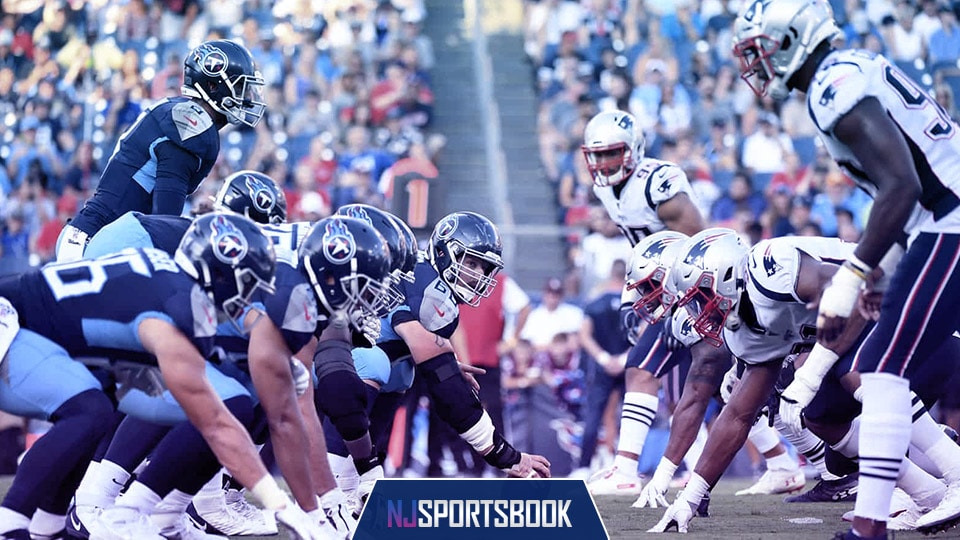
Football is by far the most popular sport to bet on in the United States, with over $1 billion wagered each week. How can that be when basketball and baseball seasons are so much longer and offer so many more games for bettors?
The answer is simple. Americans love football, both college and pro. Betting on the NFL is an economy all to itself. It’s estimated that over $5 billion was wagered worldwide on the Super Bowl in 2020. That’s just one game.
So, with all American sports compromised significantly by the worldwide COVID-19 pandemic, can the sports betting industry survive without the NFL and college football at their full strength?
Perhaps the bigger question is, Can the systems that support the football machine survive? Experts who study the business of sports seem to believe the odds aren’t too good.
Impact of the NFL vs. College
NFL owners are generally billionaires, or at least very close. They certainly have a much greater cushion to fall back on than college athletic departments.
Smith College professor Andrew Zimbalist stated, “The problem’s not as bad because you’ve got a lot of very wealthy owners that are sitting on assets so if they can’t play football in the one fall, they lose $300 million in a year, but they’ll be able to survive.”
Regardless of how much you’re worth, that’s not a comforting statement. Nonetheless, it seems clear that the impact of not playing football in the fall would have a far greater detrimental impact on college than the NFL.
Over 50 Power Five schools report that over 60% of their athletic department’s budget comes from football revenue. Even the best economics professor can’t figure out a way to get out of that whole.
Even if schools could hang on for a spring season (hoping the coronavirus cooperates), social distancing to any degree will severely limit attendance.
“In our case, about 80% of our tickets have been renewed, and 80% of our annual giving has already been received,” Oklahoma athletic director Joe Castiglione said. “The question is, what do those donors or ticket holders want in terms of their commitment in regards to those gifts or pledges?”
Clearly, there is a lot riding on football in the fall.
How can betting on football survive?
For an industry built on taking chances, there’s a lot at stake, as well. In Nevada, the birthplace of legalized sports betting in the U.S., sportsbooks won $329 million from $5.3 billion in wagers last year.
Football, between college and the NFL, generated $122 million of sportsbook revenue and accounted for $1.8 billion in wagers.
Jay Kornegay, executive vice president of operations for SuperbookUSA, which services Las Vegas casinos’ sportsbooks such as the Westgate, said losing football could impact gambling habits across the board, even if other major pro sports salvage their seasons in 2020.
“I don’t care what business you’re in, you take away 38% of it, it’s a devastating blow,” he said. “And in this case, it could have a rippling effect on other sports as people might get disinterested in other sports as well.”
Many Americans love betting on sports in general, but clearly, football is the lead dog. If you don’t take care of the cash cow, you might just lose the farm.

